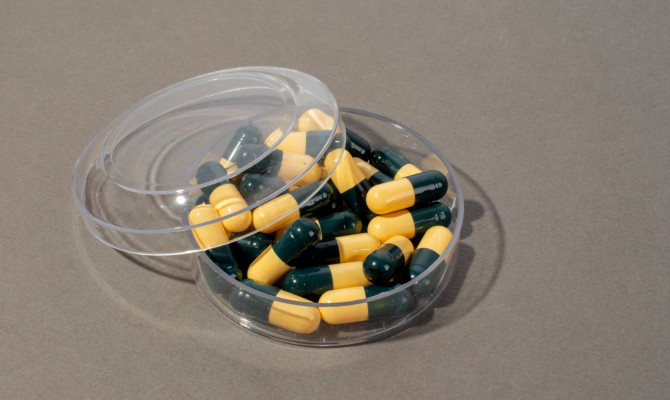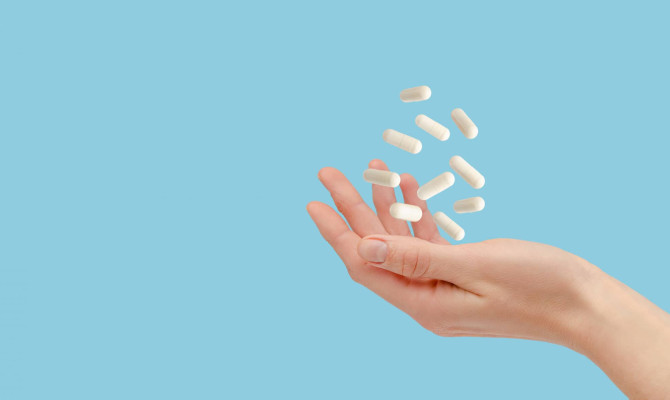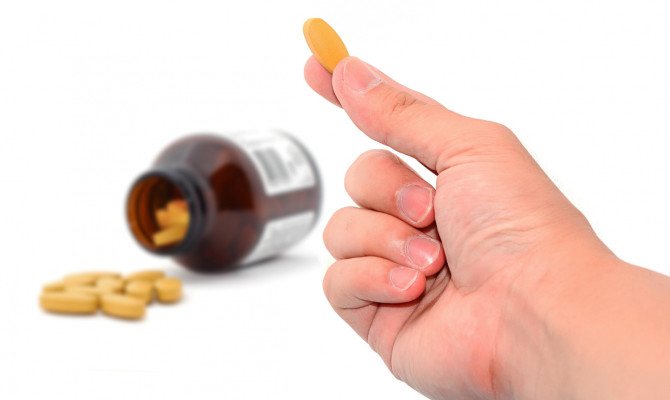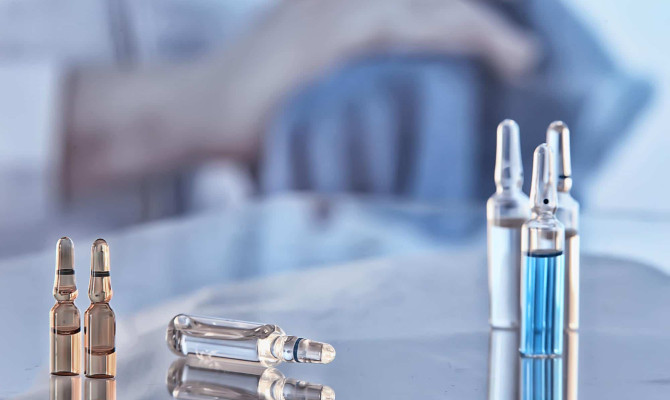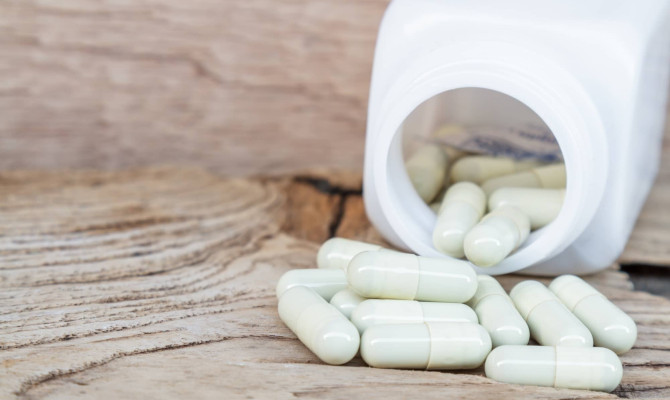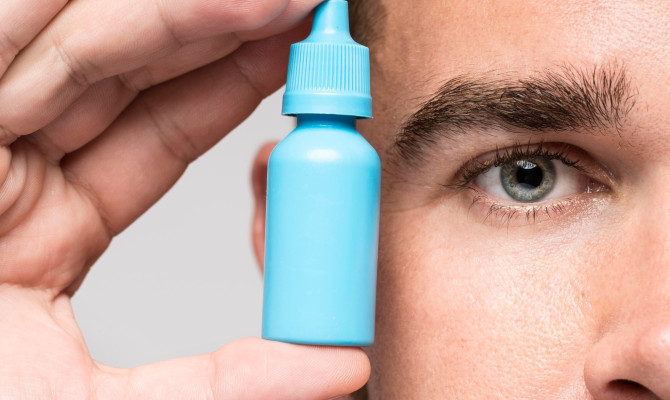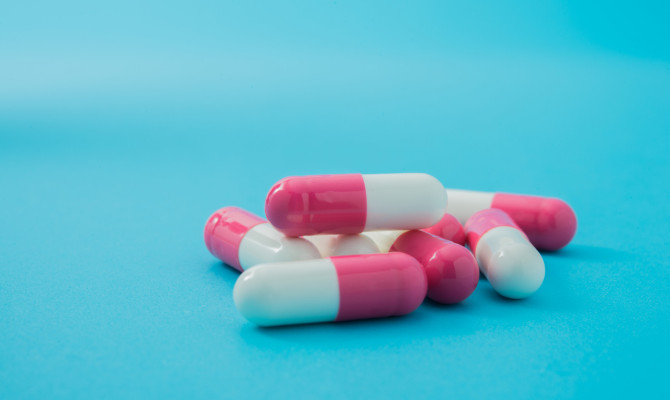Afinitor : Uses, Side effects, and Interactions

- Afinitor
- 16 Aug 2023
Overview
What is Afinitor?
The medicine Everolimus, known by the trade name Afinitor, is a member of the MTOR inhibitors pharmacological class.
It has been used to treat several cancer kinds.1Overview| Researched based study from Cancer.gov We shall learn more about its forms, applications, adverse effects, and overdose in this article.

Uses
What are the uses?
Severe breast cancer
- In combination with exemestane, it is used to treat postmenopausal women with advanced hormone receptor-positive, HER2-negative breast cancer that has spread despite therapy with other anti-cancer medications.
Advanced kidney cancer
- After receiving therapy with various anti-cancer medications, it is used to treat advanced renal cell carcinoma that has progressed.2Indications| Researched based study from Fda.gov
Neuroendocrine tumors of the pancreas
- PNETs that cannot be surgically removed or have migrated to other body areas are treated with it.
Sub ependymal giant cell astrocytoma
- It is used to treat this uncommon brain tumor, primarily affecting children and young people with tuberous sclerosis complex.1Indications| Researched based study from Cancer.gov
Mechanism
How does Afinitor work?
- The mTOR protein, which is required for cell division and proliferation, is prevented.
- Uncontrolled growth and division of cancer cells allow them to develop into tumors and spread throughout the body. By preventing the development and spread of cancer cells, inhibiting Mtor aids in tumor reduction and the alleviation of cancer symptoms.
- In simple terms, it stops the development and division of cancer cells, which may assist in reducing or preventing the disease’s course.2Mode of Action| Researched based study from Fda.gov
Side effects
What are the side effects?
Like many medications, this might have adverse effects. The following are some of the most typical ones:
- Oral sores
- Nausea
- Vomiting, constipation or diarrhea
- Mouth sores
- Nausea
- Vomiting
- Diarrhea or constipation
- Loss of appetite
- Weakness or fatigue
- Skin rash or itching
- Headache
- Joint pain
- Abdominal pain
- Fever2Side effects| Researched based study from Fda.gov
More severe side effects can also occur, which include
- Increased risk of infection
- Lung problems include coughing, shortness of breath, or chest pain.
- Changes in blood sugar levels
- High blood pressure
- Kidney damage or failure
- Abnormal liver function tests
- Allergic reactions, including swelling, hives, or difficulty breathing
- Bleeding or blood clots2Side effects| Researched based study from Fda.gov
How can the adverse effects be dealt with?
Oral sores
- Rinse your mouth out several times a day with salt water or a baking soda and water combination. Use a soft-bristled toothbrush, and stay away from hot and acidic meals.
Nausea and diarrhea
- Eat a little frequently and stay away from heavy meals and fried, fatty, or spicy foods. Drink enough water. Consume meals that are low in fat and fiber. Steer clear of dairy products, alcohol, caffeine, and spicy or oily meals.2Side effects| Researched based study from Fda.gov
Fatigue
- Take regular rest periods, and pace yourself to preserve your energy. Get some light exercise every day, like walking or yoga, and make an effort to sleep well every night.2Side effects| Researched based study from Fda.gov
Rash
- Keep the rash from being scratched or rubbed, and keep the area dry and clean. Use a gentle, fragrance-free lotion on the region and apply a cold, wet compress. Discuss topical or oral medications to treat irritation or itching with your doctor if required.
Swelling
- Elevate the injured limb or body part, and stay off your feet or seat for extended periods. Wear comfortable shoes and loose-fitting attire. Ask your doctor about compression stockings or other anti-swelling equipment if necessary.2Side effects| Researched based study from Fda.gov
Precautions
Precautions to take before using Afinitor
It is crucial to exercise caution when using Afinitor, which may involve the following measures:
Liver disease
- The liver metabolizes it, and may impact how well the liver functions. Patients who have liver disease should be closely watched while taking the medication.
Kidney disease
- Pre-existing renal disease should be regularly monitored in patients since it might result in kidney issues.2Precautions| Researched based study from Fda.gov
Diabetes
- It could raise your blood sugar levels, which people with diabetes may find problematic.
Elevated blood pressure
- High blood pressure could also result from it. Patients with hypertension should thus be watched appropriately while taking the medication.
High triglycerides
- It could make cholesterol levels higher.
Lung disease
- It can also lead to lung issues like interstitial lung disease or pneumonitis, which can be problematic. Additionally, it might make lung or breathing issues more likely to develop. If you’ve ever experienced an allergic response, let your doctor know.
Infections
- Patients with a compromised immune system should be watched while taking this medication because it can increase the risk of infections.
Pregnant or nursing women
- Inform your doctor if you are nursing a baby, intend to get pregnant, or are already pregnant. If used, it can cause death or injury to an unborn child. During treatment and after stopping the drug, your doctor might advise you to use an effective form of birth control. Moreover, it might not pass breast milk. Therefore, it is not recommended for women who are nursing.2Precautions| Researched based study from Fda.gov
Medications
- You should tell your doctor about all additional drugs you use, including prescription, over-the-counter, and other pharmaceuticals, vitamins, and herbal supplements.
Blood cell counts
- Your risk of bleeding or infection may increase due to a possible decrease in blood cell counts. Your doctor could examine your blood cell levels before prescribing it.2Precautions| Researched based study from Fda.gov
Interactions
Interaction with medication
Strong CYP3A4 inhibitors
- The CYP3A4 enzyme in the liver breaks it down. Ketoconazole, itraconazole, ritonavir, and clarithromycin are a few medications that inhibit this enzyme and can raise the concentration of Afinitor in the blood, increasing the risk of adverse effects.
Strong inducers of CYP3A4
- Its blood concentration can be decreased by medications, including rifampin, phenytoin, carbamazepine, and St. John’s Wort, which lessens its efficacy.
Vaccinations
- It is advised to avoid live vaccinations while taking this medication since it may reduce their efficiency.3Interactions| Researched based study from Nlm.nih.gov
Statins
- It may raise cholesterol levels, and using Afinitor with statins may increase the risk of developing muscular issues, including myopathy or rhabdomyolysis.
Blood thinners
- Taking them together with Afinitor can increase the risk of bleeding and its complications.
Additionally, it may interact with other supplements, including:
High calcium, magnesium, or potassium dietary supplements:
- It could make adverse effects more likely, such as renal issues or irregular heartbeats. Therefore, it is not recommended to take these supplements while taking Afinitor.3Interactions| Researched based study from Nlm.nih.gov
Protein-based supplements
- It may result in proteinuria, a protein in the urine, and protein supplements may worsen this side effect.3Interactions| Researched based study from Nlm.nih.gov
Other interactions
Grapefruit
- Grapefruit or grapefruit juice may interact with it, raising the possibility of negative consequences. While taking this medication, avoid eating the fruit.2Interactions| Researched based study from Fda.gov
Consumption
How is Afinitor taken?
- It comes in tablet form, and oral use and a glass of water are advised.
- In order to have it regularly, you ought to adhere to the time every day. Although it can be taken either way, it is best to take it consistently, whether with or without food.
- The pills must not be crushed, chewed, or broken.
What should be done if a dosage is missed?
- In the case that you forget, take the missed dose as soon as you remember it. If it is almost time for the next dose, skip the missed one and take the following one at the regular time. To make up for a missed dose, avoid taking a second one.
- Do not take a second dose to make up for a missing dosage.
Storage
How do you store it?
- Keep the pills between 20 and 25 degrees Celsius above room temperature.
- Make sure it is securely closed and keep it in the original container.
- Avoid exposing it to moisture or high heat.
- Keep it out of children’s and pets reach.
Emergency
When should you call a doctor?
- If you see any adverse effects or infection symptoms.
- If you intend to get pregnant, let your doctor know.
- If you still need to determine how to take it or what to do if you miss a dosage, speak with your doctor.
Overdose
Overdose symptoms
Symptoms of overdose may include:
- Severe headache
- Dizziness
- Confusion
- Unusual behavior or mood changes
- Seizures
- Fast or slow heart rate
- Fainting
- Shortness of breath
- Chest pain
- Blue lips or fingernails
- Weakness or fatigue
- Nausea, vomiting, and diarrhea.
If you or someone you know shows these symptoms, contact your local emergency services or go to the nearest hospital. The dosage and duration of the drug must be specified in as much detail as feasible.2Overdose| Researched based study from Fda.gov
Treatment for an overdose may entail supportive care, such as giving oxygen and medicines, controlling symptoms, and monitoring vital signs.
Takeaway
Takeaway
While Afinitor may work well for some patients, it can also have adverse effects. It should be taken, as directed. With your doctor, carefully consider the advantages and disadvantages to choose the best course of action.
Any feedback on this article?
 This Articles content was accurate
This Articles content was accurate Very Informative Article
Very Informative Article I have a question or a comment
I have a question or a comment
 This article contains inaccurate content
This article contains inaccurate content This article was not helpful
This article was not helpful I have a question or a comment
I have a question or a comment
We appreciate your helpful feedback!
Checkout our social pages
References
-
National Cancer Institute
Everolimus | Overview | Uses
-
U.S. FOOD & DRUG ADMINISTRATION
Everolimus | Mode of action | Side effects | Precautions | Overdose
-
National Library of Medicine
Everolimus -Review of Pharmacology: Drug Interactions | Interactions












